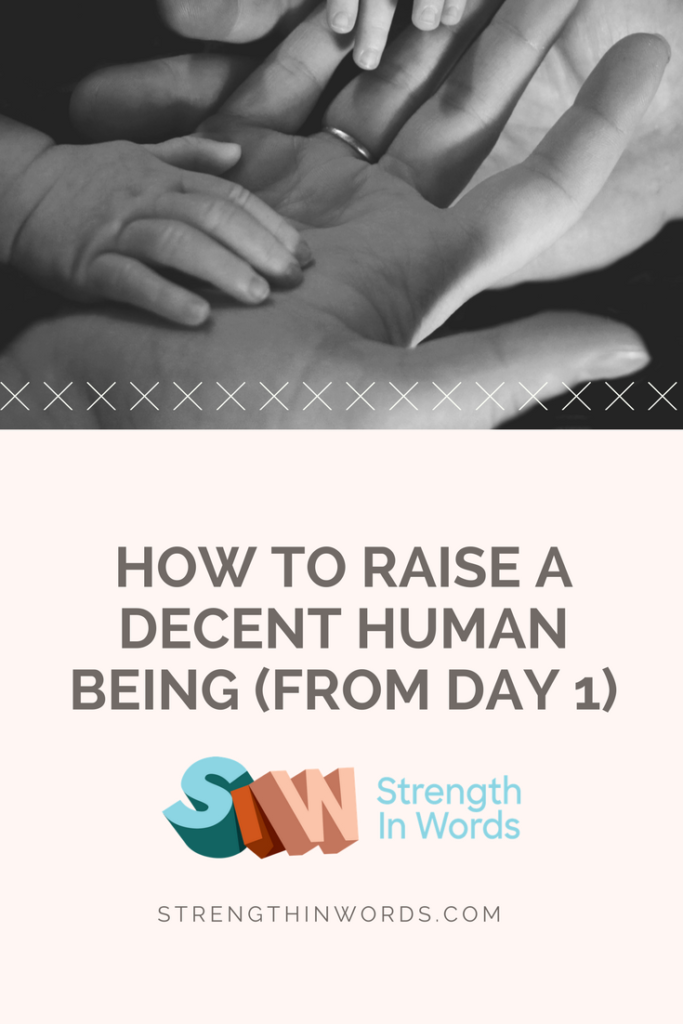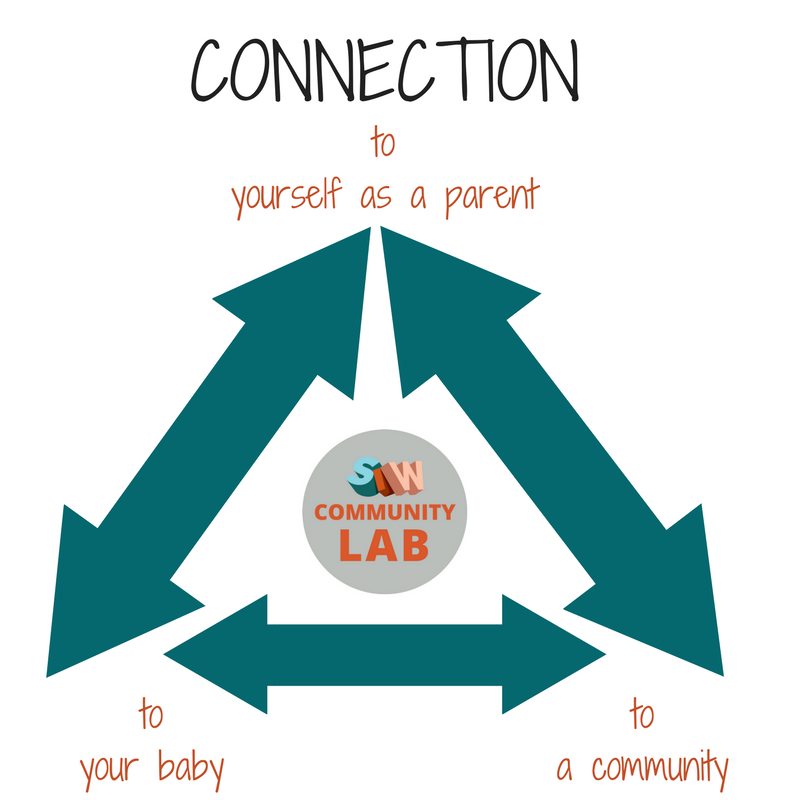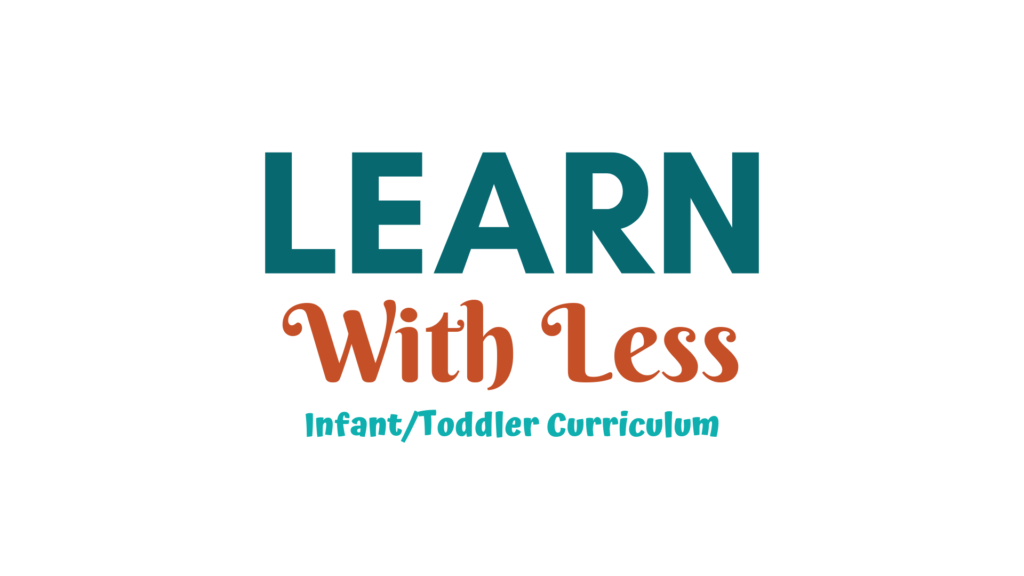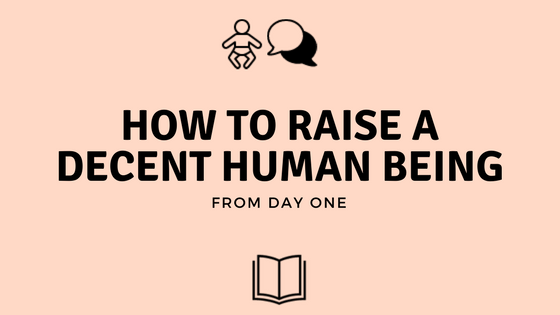
What we all want for our children
What are the things we all want for our children? Our greatest hopes often rest in the sentiment that we want them to grow up to be happy, productive members of society.
Recently, I asked a few parents of young children this question directly, and some sentiments that came up were “happiness,” “optimism,” and “that he’s a good person.”
As parents, we really just want to be reassured that we’re doing our best to raise the best people we can! And yet, how will we know that?
How can we measure that?
When the parenting landscape in those early days, weeks, months, and years of infancy and toddlerhood has a tendency to look fairly bleak within the fog of sleep deprivation and the constant second-guessing of ourselves, the seductive pull of “one-size-fits-all” promises and solutions can be strong.
As a parent of two young children and as a professional who works with families, the only thing I can tell you for sure is that there is no such thing as a perfect parent… or a “perfect child.” We’re all vulnerable. We’re all second-guessing ourselves.
None of us has had it all: the perfect pregnancy, the amazing birth, the smooth postpartum period, the amazing sleeper, the proficient latcher, the smooth ride with a partner. Like everything else in life, something’s gotta give, so we’re all managing with the dice we rolled.
Anyone who tells you otherwise is full of it.
It’s somewhat unfortunate to admit, but in an age of sugar-coated, curated social media profiles, I think sometimes it’s refreshing to hear that truth… because, without it, we’re all striving from even before day one to compete in some kind of self-imposed rat race to see who can raise that happy, productive human being. And we’re being conditioned to believe that if we don’t have it all, we’re somehow falling behind (and, in turn, so must be our children).
If There’s No Such Thing As “Perfection,” What Is There?
I’m a big proponent of knowledge.
I’ve always been the kind of person who feels more comfortable having access to high quality background information.
It makes me feel like I can make better-informed decisions, and it gives me a base of understanding when I’m otherwise in over my head.
It doesn’t solve “all the problems,” but it provides a place to start so that I can find the moments of “peace” in an otherwise overwhelming world.
That’s why I created Learn With Less: when we feel more informed about the ways our tiny humans grow, learn, and develop, we feel better equipped to do the things within our power to support them.
When we know more about:
- What play “looks like”
- What kinds of tools are useful when it comes to our babies
- What sorts of interactions we can provide that maximize those precious few moments (often the 15 minutes between getting home from work or from running errands and the time we need to start getting dinner on the table)
We feel more confident, more empowered, and more connected to our babies.
But There’s Another Component
It has to do with connection. We all want to feel connected to our babies, but in order to do that, there are two other areas in our lives that need to be nurtured and supported.
1. Connection to our new identities as parents: especially in that first year, there’s a lot of shifting around for us as we become parents. Issues come up, often having to do with the changes in our own bodies, changes in gender roles within our partnerships, and, of course, changes in lifestyle (touching on everything from our basic schedules, careers, and our access to time on our own / self-care, etc).
2. Connection to communities of support: there is a reason why people talk so much about “the village.” Part of it is the value of simply having others to rely on when we’re going through difficult times, and part of it is the opportunity to observe, reflect back, integrate, share and brainstorm…

Clearly, none of these areas of connection happens in a void – they all influence each other. We have a “cycle of connection,” and we need to nurture all three of these areas to feel confident that we can create (and are creating!) those wonderful humans!
This Is The Problem With Parenting In Isolation
Nowadays, it’s difficult to find a trustworthy “village.”
When we have access to so much information (enter the google rabbit hole), we feel overwhelmed. We don’t have time to sift through and find high-quality, evidence-based information that we can use right now, that comes from resources we feel we can trust, and that speaks to us as individuals.
Those one-sized-fits-all solutions are not, in fact, “solutions” at all. And so we feel compelled to cobble together resources here and there, joining Facebook groups that we *hope* and pray will somehow be full of positivity (rather than dissenting opinions), searching for communities that actually support us.
What if you had access to a resource that simplified?
What if… and just hang with me for one minute… there were an “all-in-one” resource that was NOT one-size-fits-all?
What if you could gain access to expertly curated, developmentally-appropriate, simple and FUN activities that helped you find joy in the interactions (and brought you straight to the heart of it all)?
What if you could access a resource that allowed you to sit back and find inspiration in the most mundane of materials?
What if you had access to a place where you could reach out to other parents and professionals, so you felt part of a community that unites and uplifts – all on the journey together?
What if you could do this ALL from the comfort of your own living room?
Access What Matters, When You Need It Most
We nurture and support parents and caregivers so that you can support your children.
Happy, healthy families result in happier, healthier societies.

THIS is how we raise happy, successful, productive members of society.
Learn More About the Learn With Less® Curriculum Online Family Program
